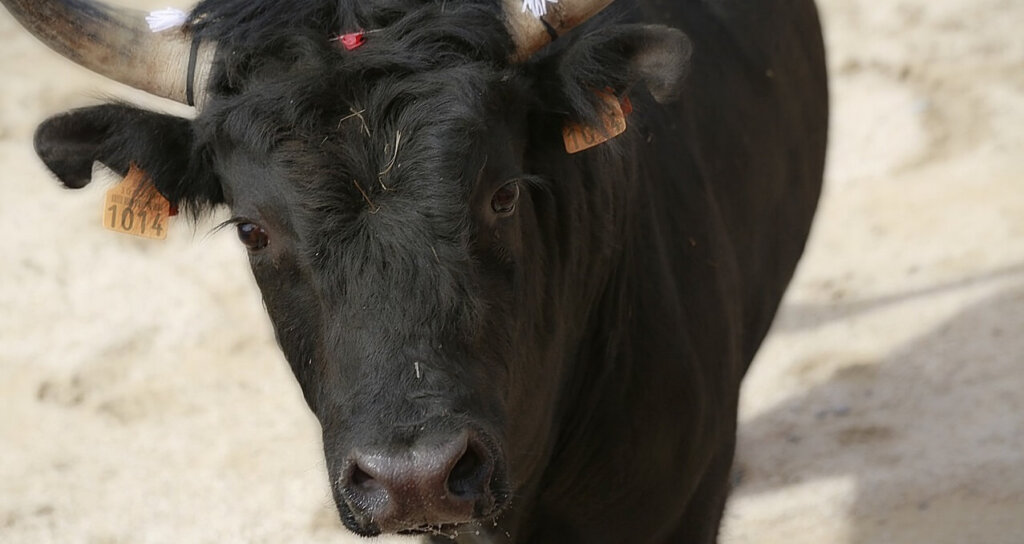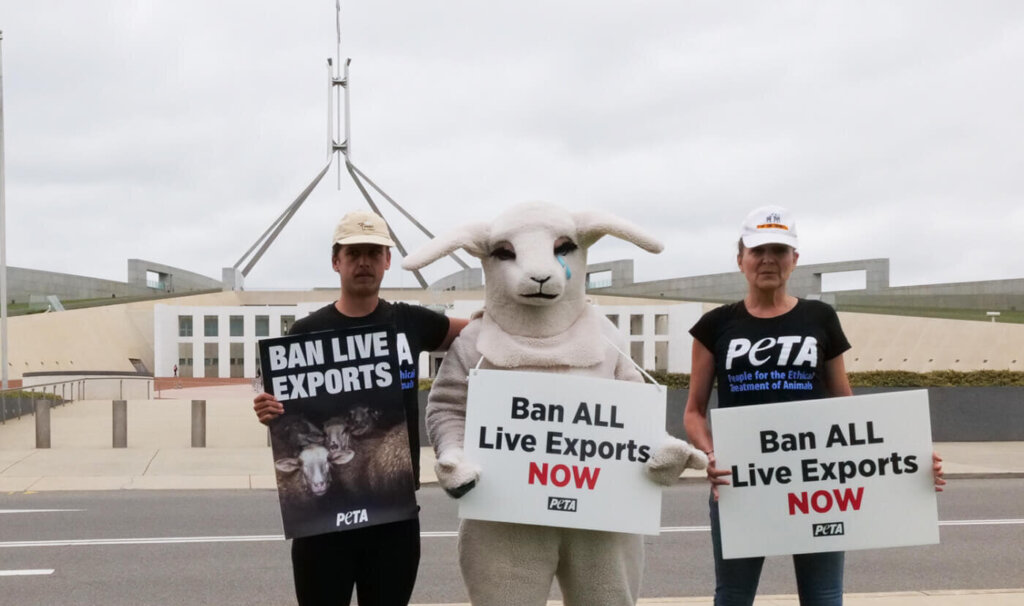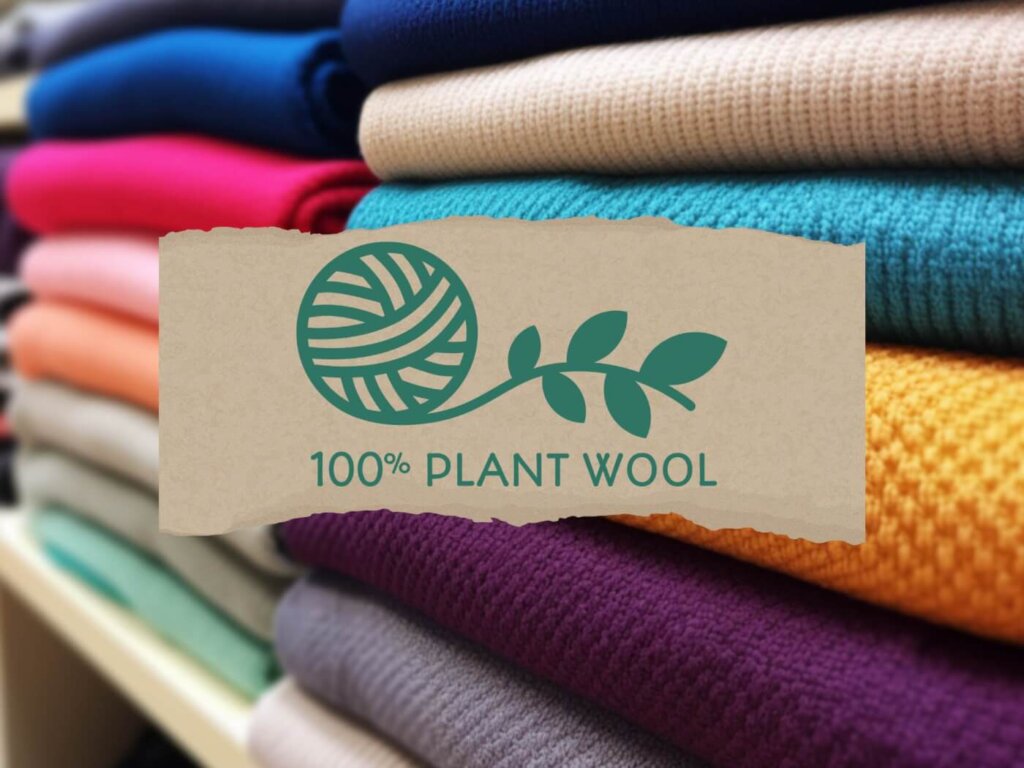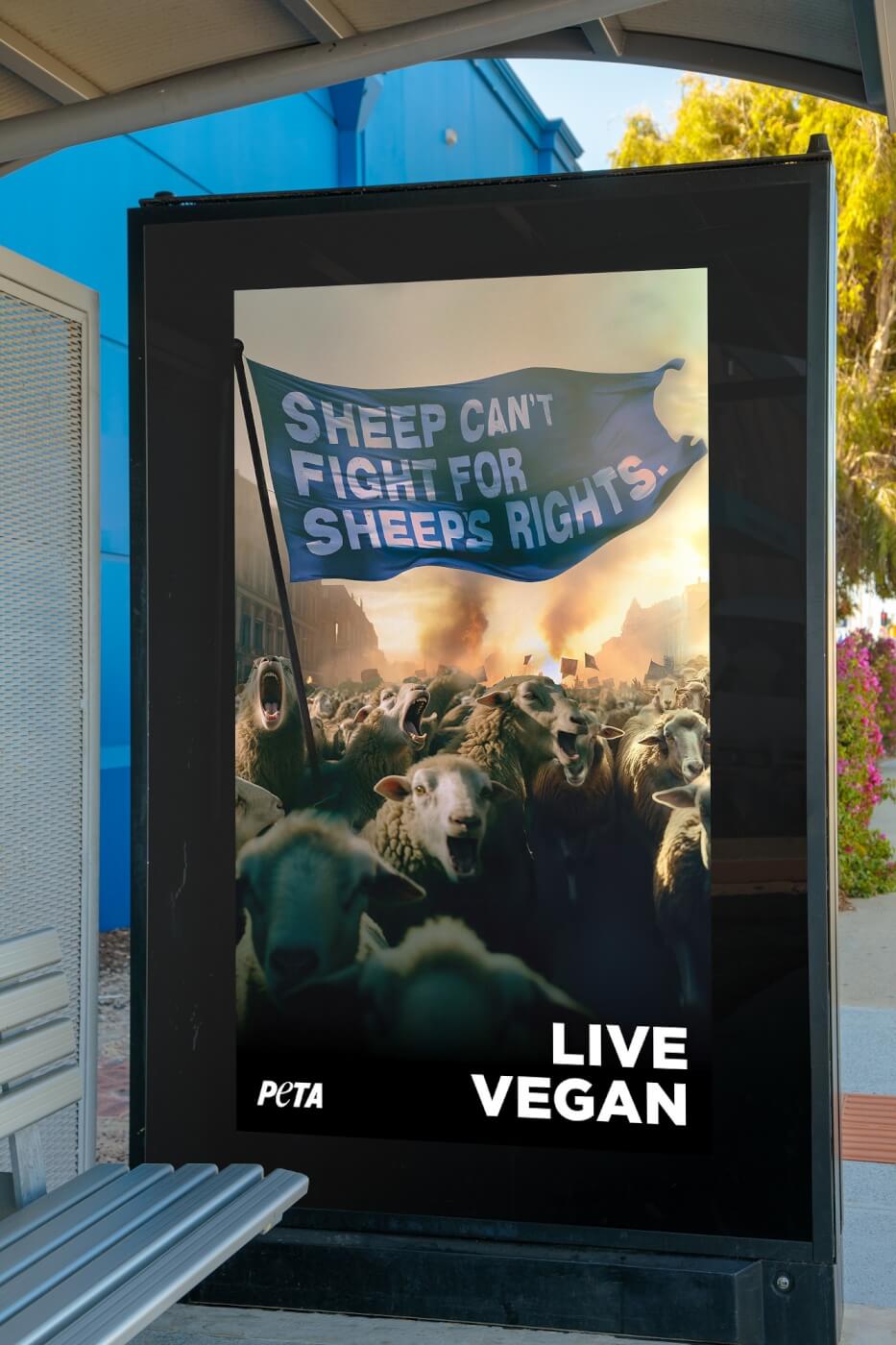
Update From Fremantle: 10 Days of Rest but No Reprieve
The MV Bahijah returned to Fremantle yesterday. After being at sea since 5 January, the surviving 15,000 Australian sheep and cattle are set to be brought back to land over the next few days. In an unprecedented situation, they can expect to spend 10 days in stockyards before the exporter will likely try again to export them to the Middle East with another permit and via a different route.
Near Fremantle Harbour, where the MV Bahijah is currently docked, PETA’s latest billboard reminds passersby that “sheep can’t fight for sheep’s rights”, as we call on Australians to stop supporting the wool industry and live export.
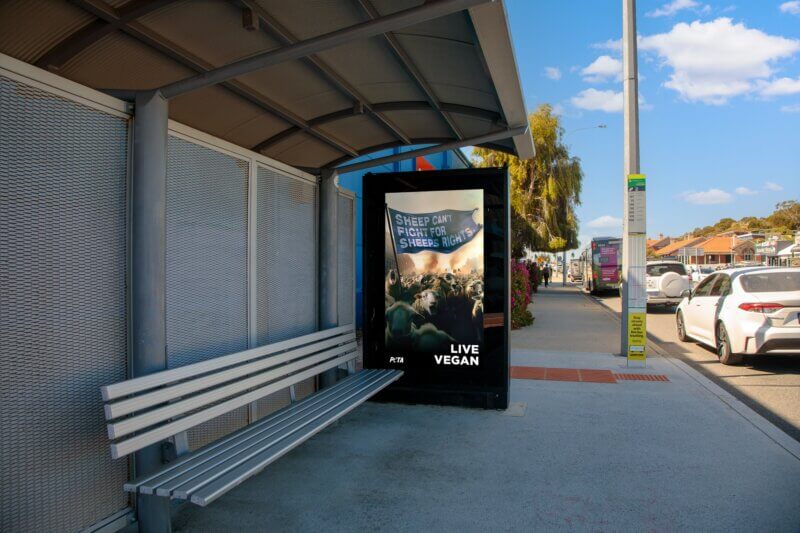
With the record-breaking heat this summer, this disgusting saga is yet another in a long line of national disgraces born of the horrific live-export industry. Had the Labor government done the right thing by banning live export back in 2011, when Australians first staged large-scale rallies against the industry, thousands of cows and sheep wouldn’t now be being cooked alive after weeks on rough seas.
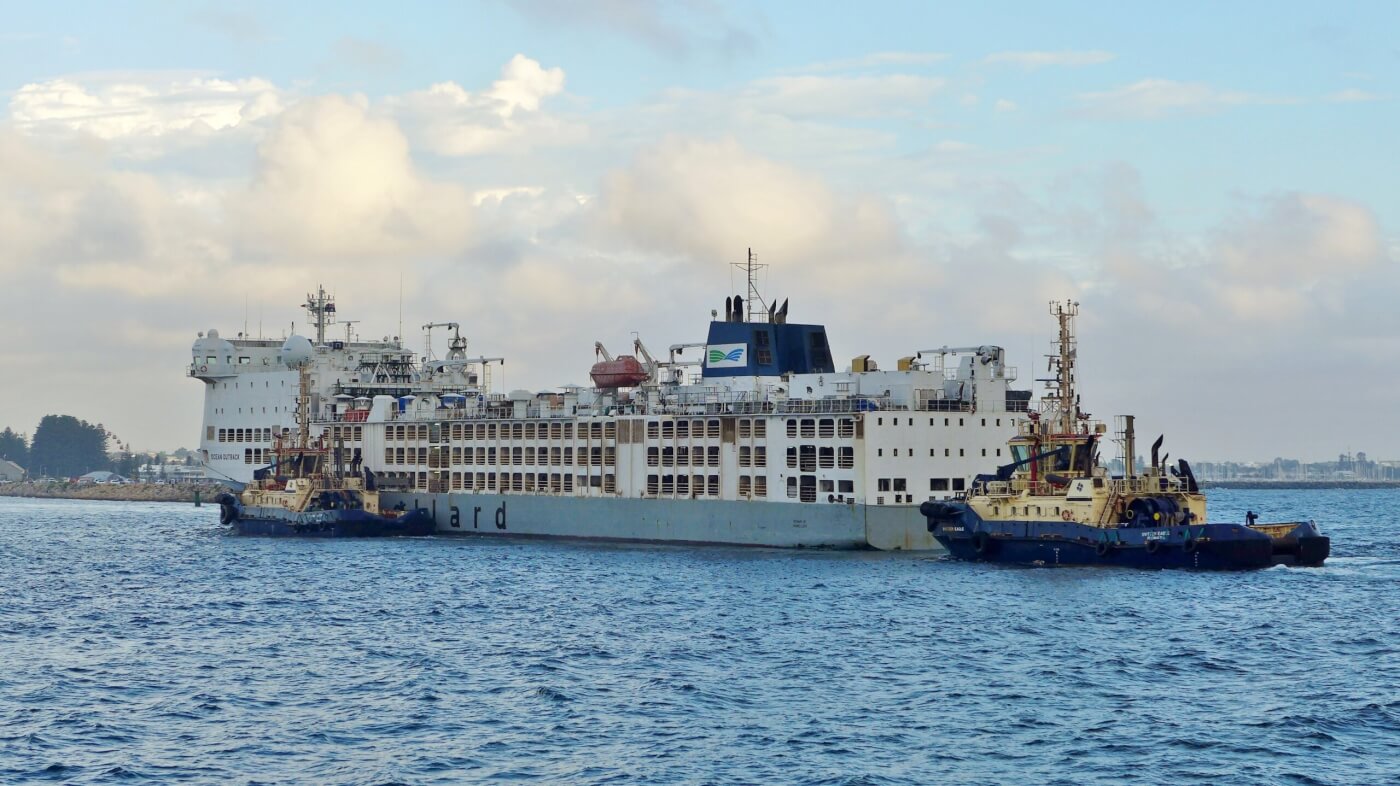
Australians are rightly outraged by wool industry cruelty like mulesing and the many examples of sheep abuse documented on farms and in shearing sheds across the nation, but some still don’t realise that when their wool production slows, many sheep used for wool are forced onto cruel live-export ships to be killed in other countries, often in ways that are illegal in Australia.
While it’s unlikely that the sheep in Fremantle will ultimately be spared, Australians aren’t completely powerless. In addition to demanding a ban on live export, we can boycott the industry by choosing cruelty-free plant-based wool upgrades to help spare sheep the horror of live export.
Let’s make 2025 a historic year for animals
